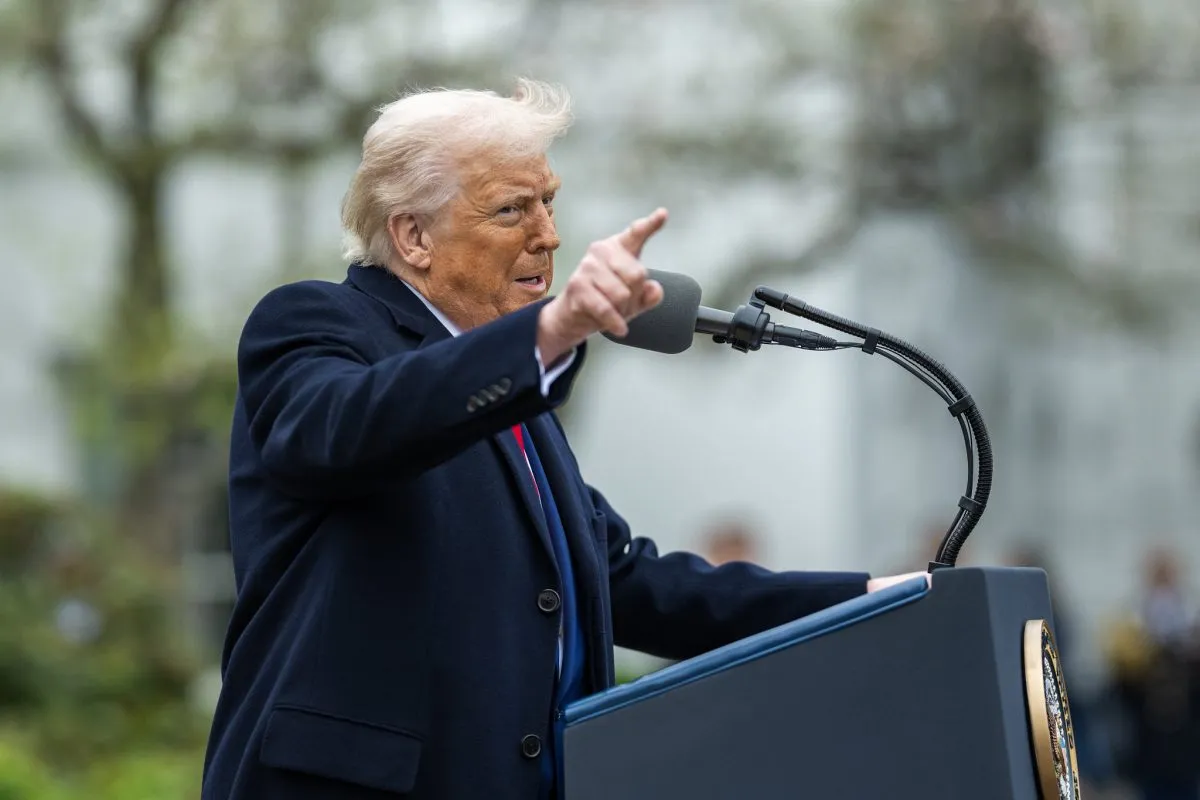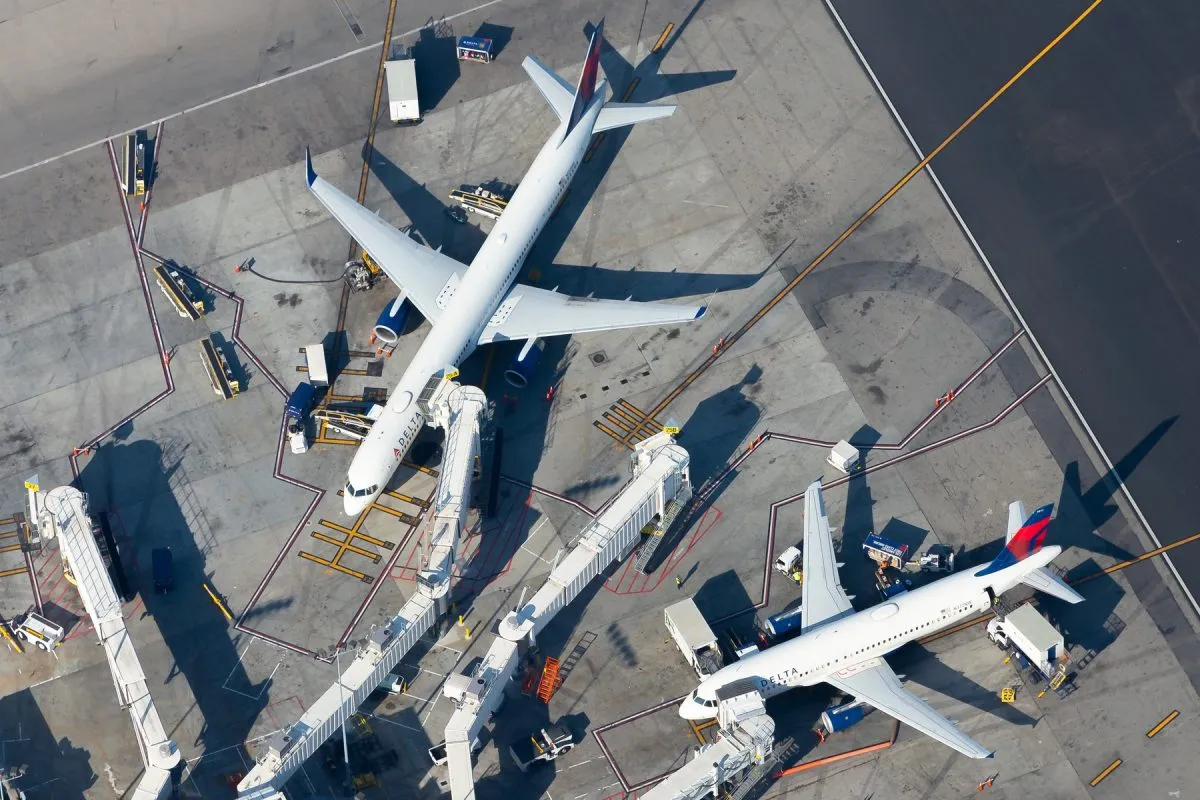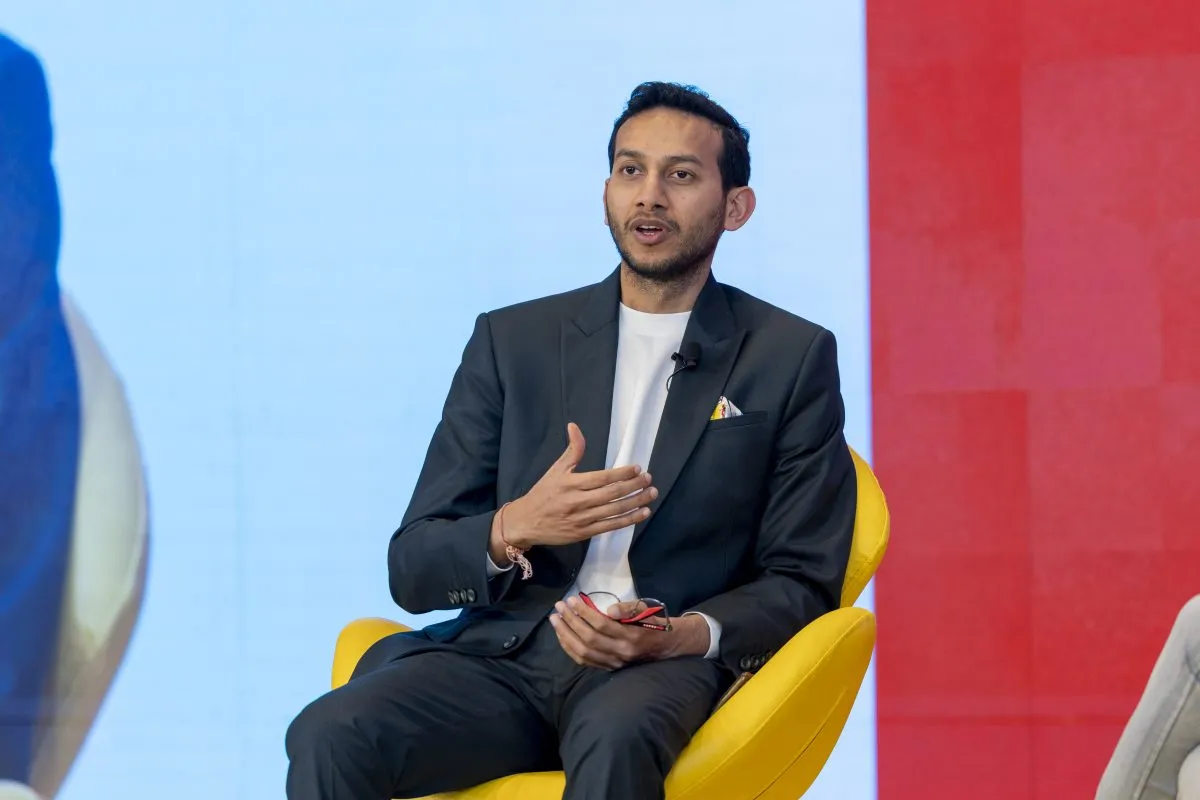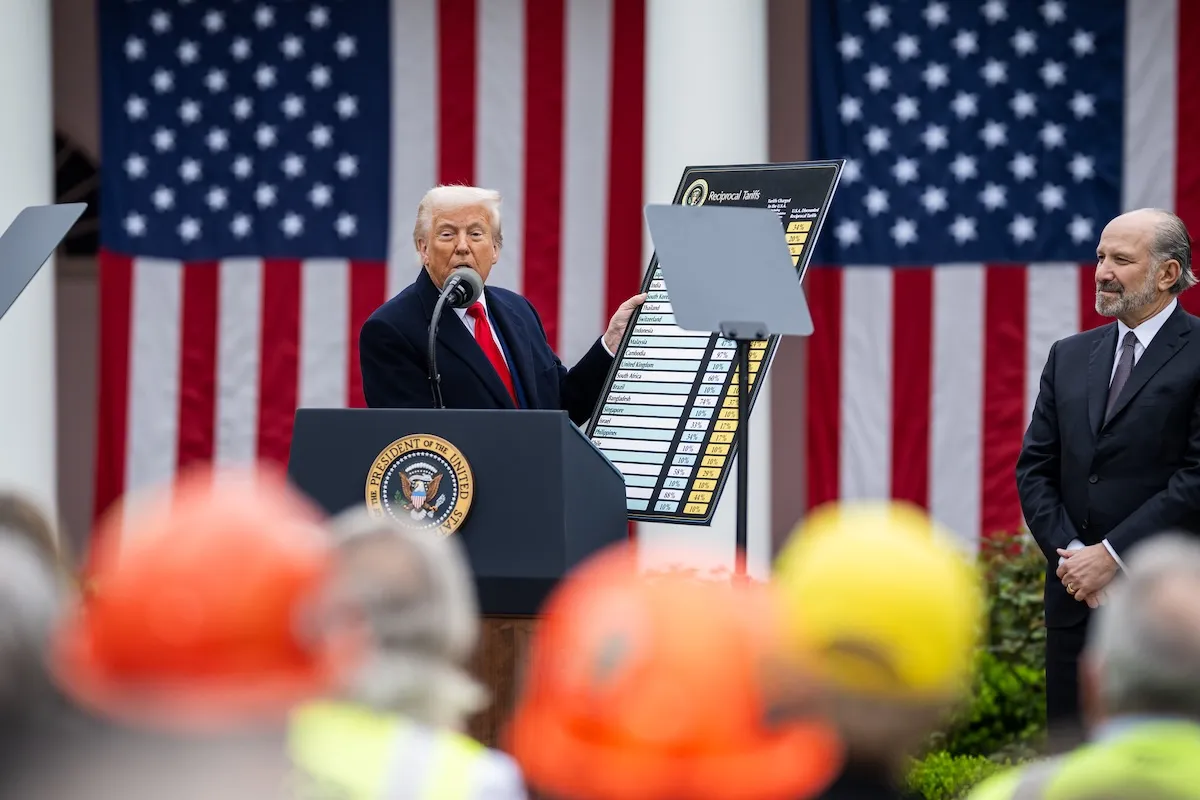What I Realized About Business Travel While Standing Still in 2020: Former Road Warrior CEO
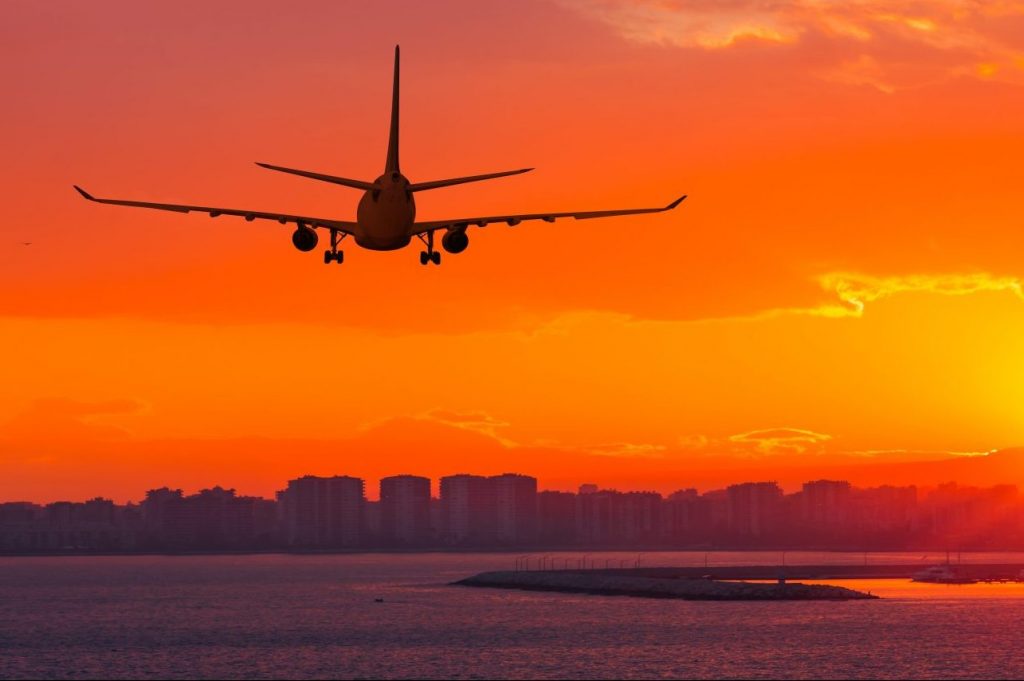
Skift Take

Among the topics we have written about here at Skift since the start of the pandemic, none stirs up quite as much debate as whether corporate travel is changed forever. One argument is that new technologies like Zoom will permanently replace the need for most business trips. The other side is that nothing can supplant being live and in-person to win business, especially knowing your competitors will be.
To parse through all this, I decided to reach out to someone who knows a thing or two about traveling for business, Tom Glocer, the former CEO of media and data giant Thomson Reuters, where he would spend half of his year traveling. (Full disclosure: Tom is somebody I came to know and respect when I was writing about media years ago. Tom was also an early investor in Skift.)
So I called Glocer recently on the phone, yes, a good, old-fashioned phone, not a Zoom call. It turns out Glocer, who now runs his own investment firm, two startups, and serves on the boards of Merck, Morgan Stanley, and Publicis Groupe, is a bit of a travel junkie.
I asked him to weigh in on the future of the industry, and what makes him hopeful in these waning days of a year we would all rather forget.
On the shape of business travel's return ...
You will see a spurt of initial travel when common business destinations like London, New York, and Tokyo get to 60 to 70 percent on vaccinations. This will be to cover all the things that did not get done this past year. It will be a little spike, like "Wow, we can fly again."
Then I think we settle into, not 50 percent off (as some have predicted) but 25 to 30 percent off for a combination of reasons. Some business just works better when you are there, even if it's just continuing conversations in hallways outside of in-person meetings.
On whether the cost of business travel will face new scrutiny ...
Travel is always the most obvious things that CEOs will reach for when there is a profit or revenue problem. What is different now as opposed to the normal cycle when revenues are down, when it's time to cut costs, do headcount freezes, travel freezes, is that we have seen things work remotely, like job interviews. So it's apparent there is room to cut.
On the death of the single meeting business trip ...
I think we will see less of that, the ballistic "I have to be there for one meeting." For that first meeting in a sales relationship, you're going to get on an airplane, I don't think that's going to change. But some of the secondary meetings, in smaller markets, that will. There will be a structural, long-term reduction of 25 to 35 percent of business travel where CFOs will have more strength. To challenge: "Is this business (trip) really necessary?"
On the kinds of trips that will be most vulnerable ...
What used to drive me nuts when I was a CEO was when I heard people were traveling to New York to do audits during the holidays because they also wanted to get their Christmas shopping done, or to Australia at the same time as the rugby finals. That kind of stuff is internal, and not sales-oriented. Why in the world can't you do that online?
On whether live events, conventions come back in any robust way ...
I think they do come back. It's really important for culture, and cultural transmission in companies, for the young ones to learn the walk and talk. It's difficult to convey culture online. I have always looked at culture as what gets done when no boss is looking. What are people's instincts? You can write them down in mission statements, but it's not the same. It's younger people watching older people work in situations. There is also going to to the pent-up demand to meet. What did Aristotle say? People are social animals.
We may see conferences that are real boondoggles, big parties, big excesses, get compressed. Others will be back on in-person.
On what is the opportunity for travel out of this crisis ...
A re-explosion of personal and pleasure travel. People have come to realize they miss seeing different people, different cultures. I'm not sure if it can make up for drop in corporate travel. I saw recently that there is a huge boom in readership in travel stories by people who can't go to these destinations so they lose themselves in stories about those places. An increase in personal travel.
Listen, there's certainly been unnecessary travel. It's good for the people's sanity and the health of their bodies to spend less time in a little metal canister above the Earth closer to radiation, being sleepless and wrestling with the change in circadian rhythm. There will be a little bit less of that.
It's good there will be more of a focus on health. The first planes I want to be on are an A350 or 787 because the air filters are better and the cabin is pressurized to a lower level so there is less fatigue. What else is good is more automation, touchless check-in, and the whole in-flight experience with more cleanliness.
On what leaves him hopeful ...
The single most hopeful, feel-good travel story for everyone in the world is hopefully about to happen in January with Trump's last flight on Marine One from the White House to Andrews Air Force Base, then on Air Force One to Palm Beach, or wherever it will take him. That's a great travel story.
Tom Glocer, the former CEO of Thomson Reuters, is an investor, company founder, and serves on the boards of Merck, Publicis Groupe, and Morgan Stanley.


